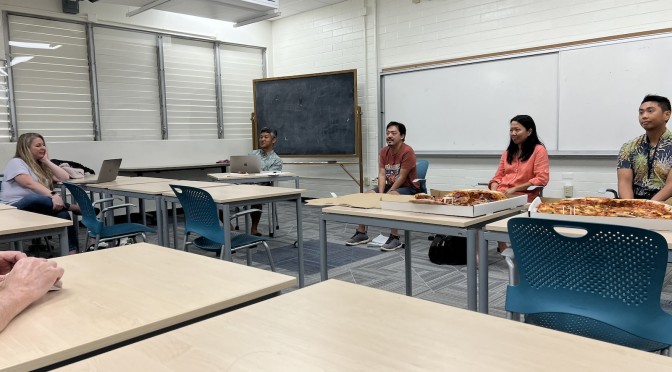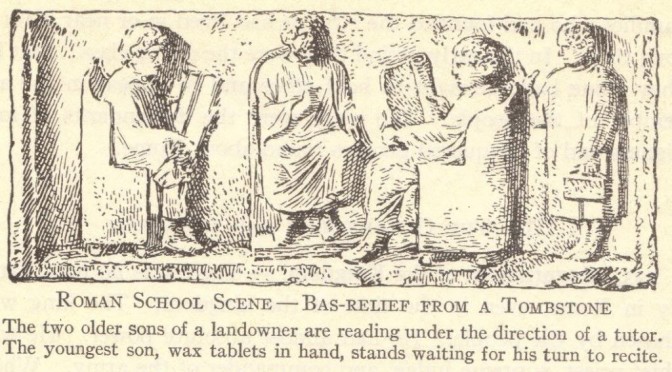The following syllabus for the Analysis Qualifying Exam is based on the following references:
- Rudin’s Real and Complex Analysis 3rd edition
- Folland’s Real Analysis: Modern Techniques and Applications 2nd edition.
Material
Abstract Integration and positive Borel measures
- Rudin (Chapters 1 and 2), Folland (Chapter 1 and Sections 2.1, 2.2, 2.3, 2.5 and 2.6).
σ-algebras and Borel sets, measurable functions, simple functions, elementary properties of measures, integration of positive functions (including Lebesgue’s Monotone Convergence Theorem and Fatou’s Lemma), integration of complex functions (including Lebesgue’s Dominated Convergence Theorem), sets of measure zero and complete measures, Borel measures and their regularity properties, Lebesgue measure on finite-dimensional Euclidean spaces and linear transformations, continuity properties of measurable functions (including Lusin’s Theorem).
L^p spaces
- Rudin (Chapter 3), Folland (Section 6.1).
Convex functions and Jensen’s inequality, Hölder’s inequality and Minkowski’s inequality, completeness of L^p spaces, approximation by continuous function.
Modes of Convergence
Almost everywhere convergence, convergence in measure, convergence in L^p spaces, uniform convergence and Egorov’s theorem, the relations between modes of convergence.
Differentiation
- Rudin (Chapter 7), Folland (Sections 3.4 and 3.5).
Maximal inequalities, Lebesgue points and Lebesgue’s differentation theorem, Lebesgue’s density theorem, absolutely continuous functions and the fundamental theorem of calculus.
Integration on Product Spaces
- Rudin (Chapter 8), Folland (Section 2.5).
Measurability on cartesian products, product measures, Tonelli’s theorem and Fubini’s theorem, completeness of product measures.
Convolutions
- Folland (Sections 8.1 and 8.2).
Continuity of translation in the L^p norm, basic properties of convolution, derivatives of convolutions and approximate identities, density of smooth functions in L^p spaces.
Complex Measures
- Rudin (Chapter 6), Folland (Sections 3.1, 3.2, 3.3 and 6.2).
Total variation, absolute continuity of measures, the theorem of Lebesgue-Radon-Nikodym, bounded linear functionals on L^p spaces.
Sample Exams


